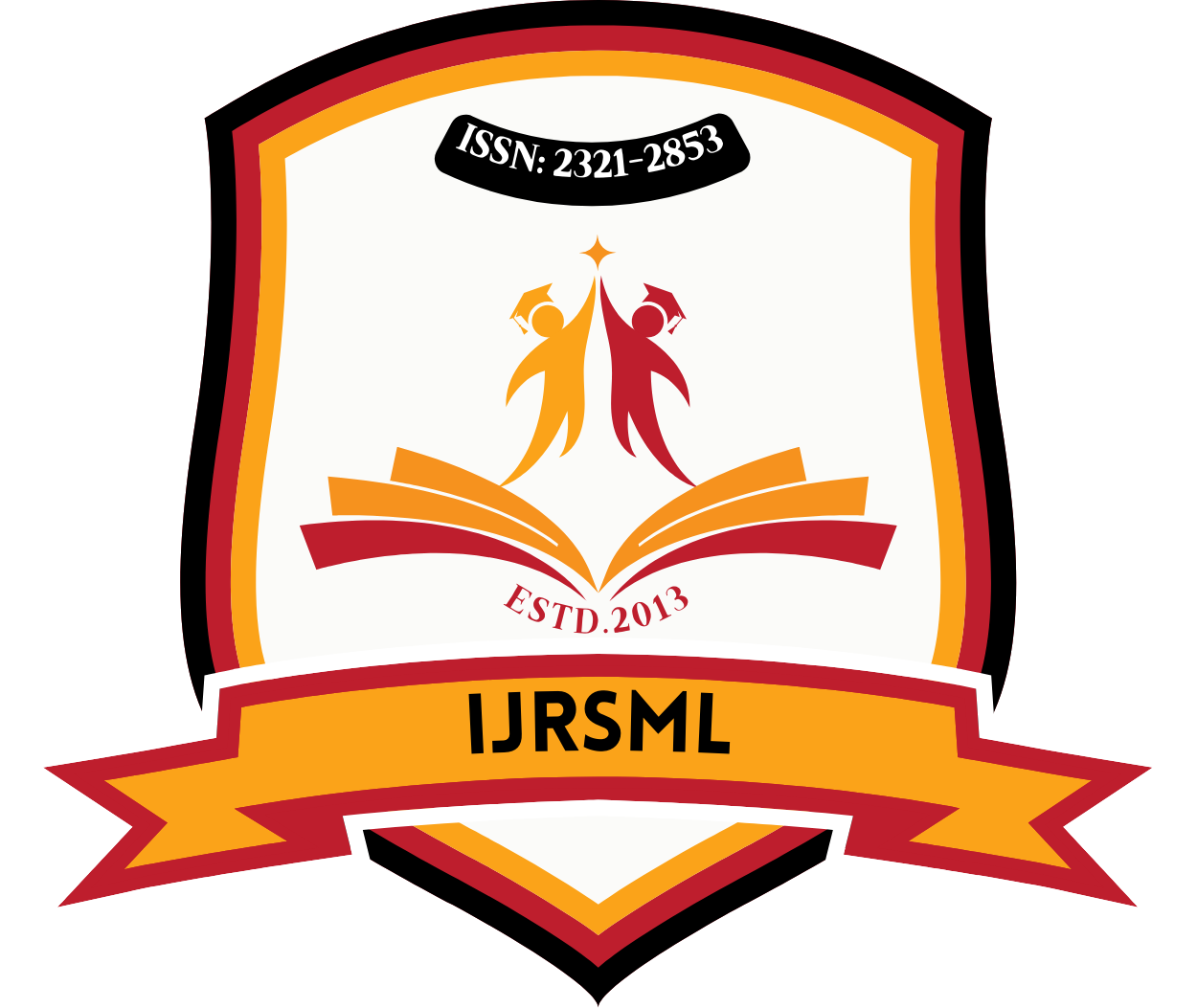![]()
Varun Gupta
Maharashtra, India
Abstract
The integration of Indigenous Knowledge Systems (IKS) into the modern educational curriculum represents not only an opportunity for a more inclusive pedagogy but also a pathway toward decolonizing education. This paper explores the historical contexts, theoretical foundations, and practical strategies for such integration, highlighting how IKS can enhance understanding, respect, and innovation among diverse student populations.
The study reviews literature from interdisciplinary sources, outlines a mixed-method research design employing qualitative case studies and quantitative surveys, and presents preliminary findings that underscore improved engagement, cultural pride, and academic achievement among indigenous and non-indigenous learners alike. By discussing methodological considerations and practical applications, this manuscript advocates for curriculum reform that respects cultural diversity, promotes social justice, and cultivates the skills necessary for a global society.
Keywords
Indigenous Knowledge Systems, Modern Education, Curriculum Integration, Decolonization, Inclusive Pedagogy
References
- Anderson, K. (2008). Indigenous education and social justice: Lessons from the field. Canadian Journal of Native Education, 32(1), 44–55.
- Archibald, J. (2008). Indigenous Storywork: Educating the heart, mind, body, and spirit. UBC Press.
- Ball, J., & Wildcat, D. R. (2010). Re-thinking Indigenous education. Oxford University Press.
- Battiste, M. (2002). Indigenous knowledge and pedagogy in First Nations education: A literature review. Vancouver: UBC Press.
- Castagno, A. E., & Brayboy, B. M. J. (2008). Culturally responsive schooling for Indigenous youth: A review of the literature. Review of Educational Research, 78(4), 941–993.
- Deloria, V., & Wildcat, D. R. (2001). Power and place: Indian education in America. Fulcrum Publishing.
- Grande, S. (2004). Red pedagogy: Native American social and political thought. Rowman & Littlefield.
- Kovach, M. (2009). Indigenous methodologies: Characteristics, conversations, and contexts. University of Toronto Press.
- Kohn, R. (2013). Indigenous education: Learning from diversity. Lexington Books.
- McCarty, T. (2009). Decolonizing the mind: Indigenous knowledge in the global arena. Routledge.
- McGregor, D. (2012). The role of Indigenous knowledge in educational reform. Education Journal, 56(2), 150–165.
- Pidgeon, M., & Bond, A. (2010). Challenges and opportunities in integrating Indigenous education into mainstream curriculum. Journal of Curriculum Studies, 42(3), 345–367.
- Sahlins, M. (1999). Two or three things that I know about culture. Journal of the Royal Anthropological Institute, 5(3), 399–421.
- Sencore, D. (2006). Indigenous education in the twenty-first century: Strategies for enhancing traditional ways of teaching. International Journal of Indigenous Education, 3(1), 27–45.
- Terra, G. (2011). Collaborative Indigenous research methods: New approaches in a postcolonial world. Qualitative Inquiry, 17(5), 564–579.
- Vizenor, G. (2008). Against representation: From a Native perspective. University of Nebraska Press.
- Wilson, S. (2008). Research is ceremony: Indigenous research methods. Fernwood Publishing.
